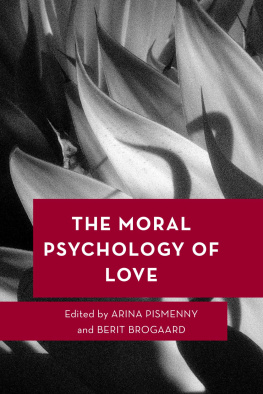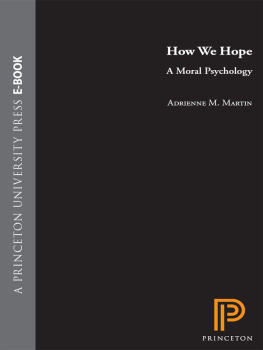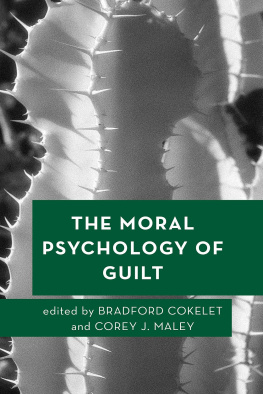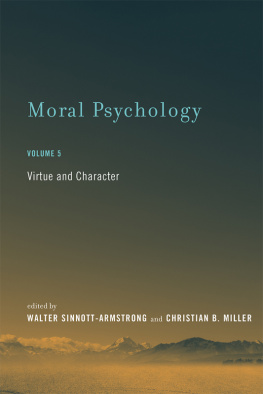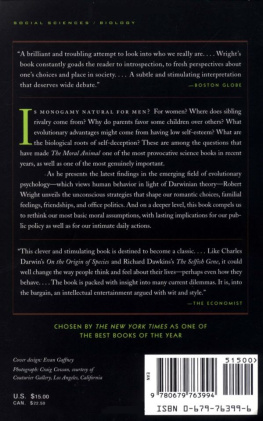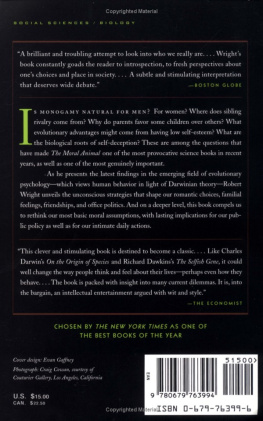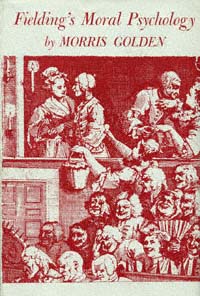| over a flask of champagne, and I am persuaded he has known more happy moments than any prince upon earth.... [he] was so formed for happiness, it is pity he was not immortal." Such a personality was lost without society, as Fielding well knew. In a cheerful interlude in the pains of his last illness, he wrote, "I was left in a disposition of enjoying an agreeable hour, without the assistance of a companion, which has always appeared to me necessary to such enjoyment...." The only waking adult on the ship to Lisbon was the captain; and with him, despite his ignorance, pride, insensitivity, and deafness, Fielding sat down to a bowl of punch. |
| Fielding was insatiably concerned with social relations, and he therefore could not be contented with a vision of man as proudly or maniacally isolated from his fellows. No more than Tom could he deny the existence of companions, or venison, or the walls of a prison. Like Locke, and like most of his own contemporaries, he wanted to synthesize, not repudiate. In his essays, he tended to emphasize one or the other aspect of man's existencethe isolation or the obligations in a material and social world. But in the novels, he insisted that complexity and paradox are basic to any honest portrayal of the relations between the self and the surrounding world. Through the nature and actions of his creatures, Fielding asserted the difficulty and yet the necessity of reconciling a psychology of self-contained happiness, a philosophy that accepts the existence of the material world, and a moral theory that demands excursive love. These are the elements of Fielding's vision of man in society and, therefore, the materials of which his novels were made. |
| In the following study, I shall try to describe Fielding's theory of psychology and its connection with his view of morality. To this end, I shall first examine his formulations in the relatively abstract and tentative miscellaneous writings and then try to show how, in the novels, he applied them to an ambitious imitation of human life. Where I discuss the moral and psychological views of Fielding's contemporaries, near-contemporaries, and classical predecessors, I am not concerned to be exhaustive, or even to show precise influence. Rather, I wish to establish an intellectual context for Fielding's ideas and representations, which are the subject of this book. |
| I had hoped to study Fielding's thought extensively, but I |
|




